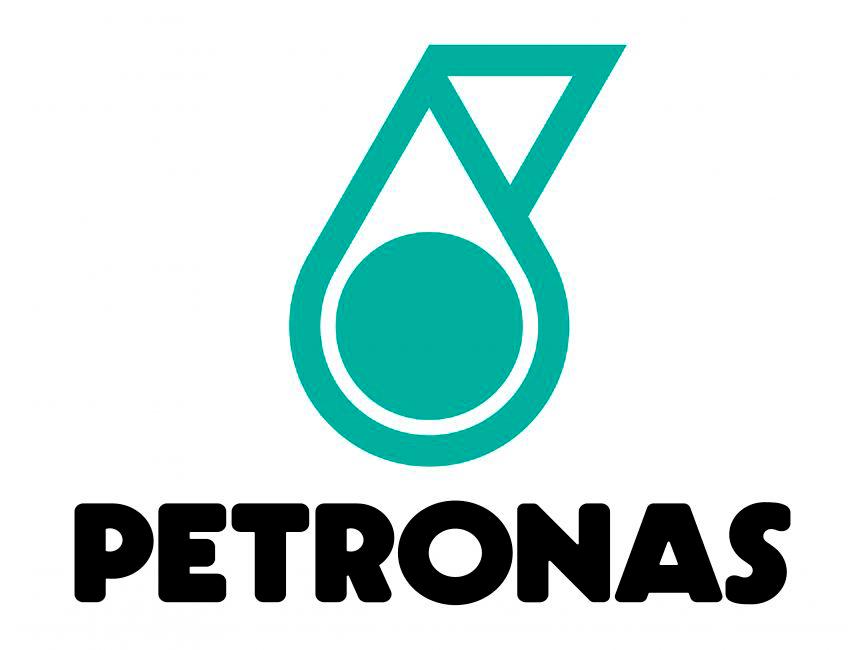KUALA LUMPUR: As the government expects fuel subsidies to top RM28 billion in 2022 due to the rising world crude oil prices, an OCBC Bank economist reckons that it may end up leaning on state-owned oil and gas company Petroliam Nasional Bhd (Petronas) for special dividends to help plug the subsidy bill.
Wellian Wiranto said the move would also help keep the broader fiscal deficit at around the targeted 6 per cent of gross domestic product (GDP) as first budgeted in Budget 2022.
Yesterday, Finance Minister Tengku Datuk Seri Zafrul Tengku Abdul Aziz told Parliament that if the world crude oil price remains above US$100 per barrel (US$1=RM4.187), total subsidies for the whole of 2022 are expected to reach RM28 billion compared with RM11 billion for 2021.
He also said the government will review the fuel and cooking oil subsidy mechanism so that it will be more targeted towards aiding and subsidising vulnerable groups and those who really need help.
“Having access to the Petronas pot would be especially important, given that it remains unclear how the targeted subsidy scheme would work in practice,” Wellian said in a note today.
However, he noted that given the large gap between real and subsidised prices, for instance, the RON95 fuel sells at RM2.05 a litre although it costs 80 per cent higher at RM3.70 a litre, potential leakages from some “creative” transactions cannot be dismissed.
On the surge in crude oil prices, Wellian said although it benefits the trade balance and fiscal revenues for Malaysia, the net oil and gas producer will have to choose between a rise in fiscal expenditure if it keeps the fuel subsidy, and an inflationary wave if it does not.
“By keeping the subsidy scheme broadly in place, the passthrough of dizzyingly high commodity prices to domestic inflation should remain relatively muted for Malaysia,” he continued. “We are tuning our 2022 inflation view upward due to the broader impulse, but rather narrowly, from 2.3 per cent to 2.7 per cent year-on-year now.” - Bernama














